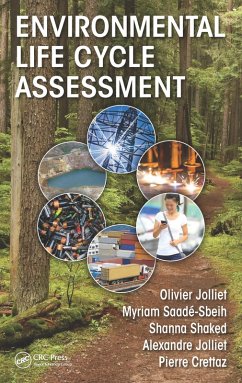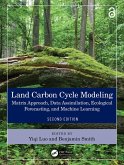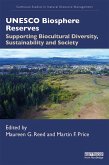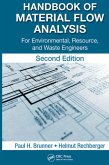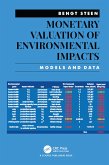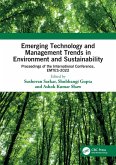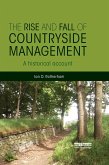From raw materials through materials processing, manufacture, distribution, use, and disposal or recycling, this self-learning textbook demonstrates how to conduct environmental assessments for products throughout their entire life cycles. The authors describe the inventory databases and methods used around the world, and detail various impact assessment methodologies for North America, Asia, and Europe. The text also includes case studies and exercises illustrating how LCA and ISO standards are applied in practice. It systematically covers goal and scope, life cycle inventory, impact assessment, and interpretation.
Dieser Download kann aus rechtlichen Gründen nur mit Rechnungsadresse in A, B, BG, CY, CZ, D, DK, EW, E, FIN, F, GR, HR, H, IRL, I, LT, L, LR, M, NL, PL, P, R, S, SLO, SK ausgeliefert werden.
Hinweis: Dieser Artikel kann nur an eine deutsche Lieferadresse ausgeliefert werden.

